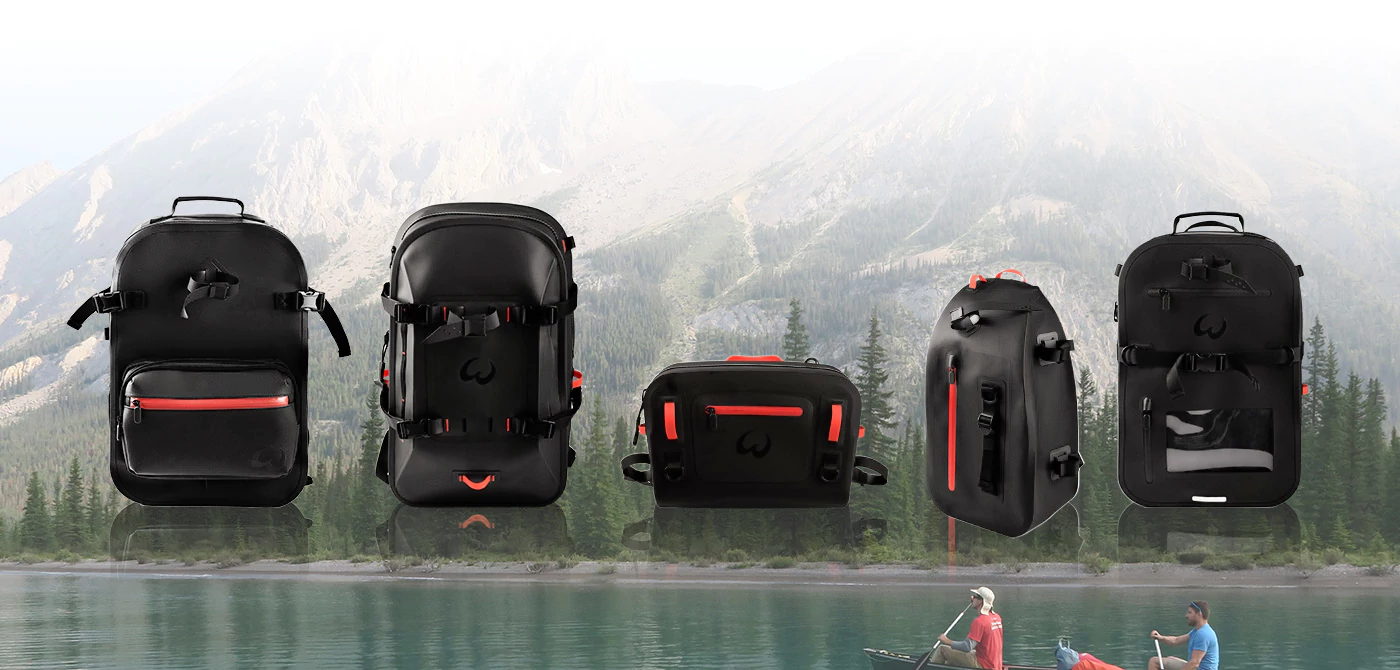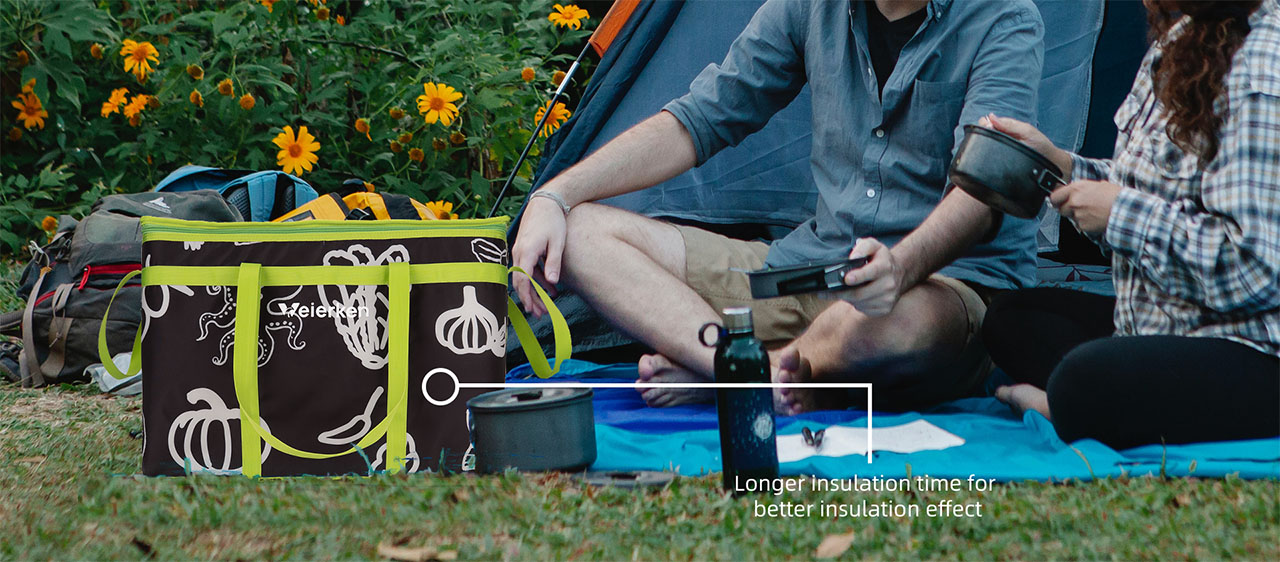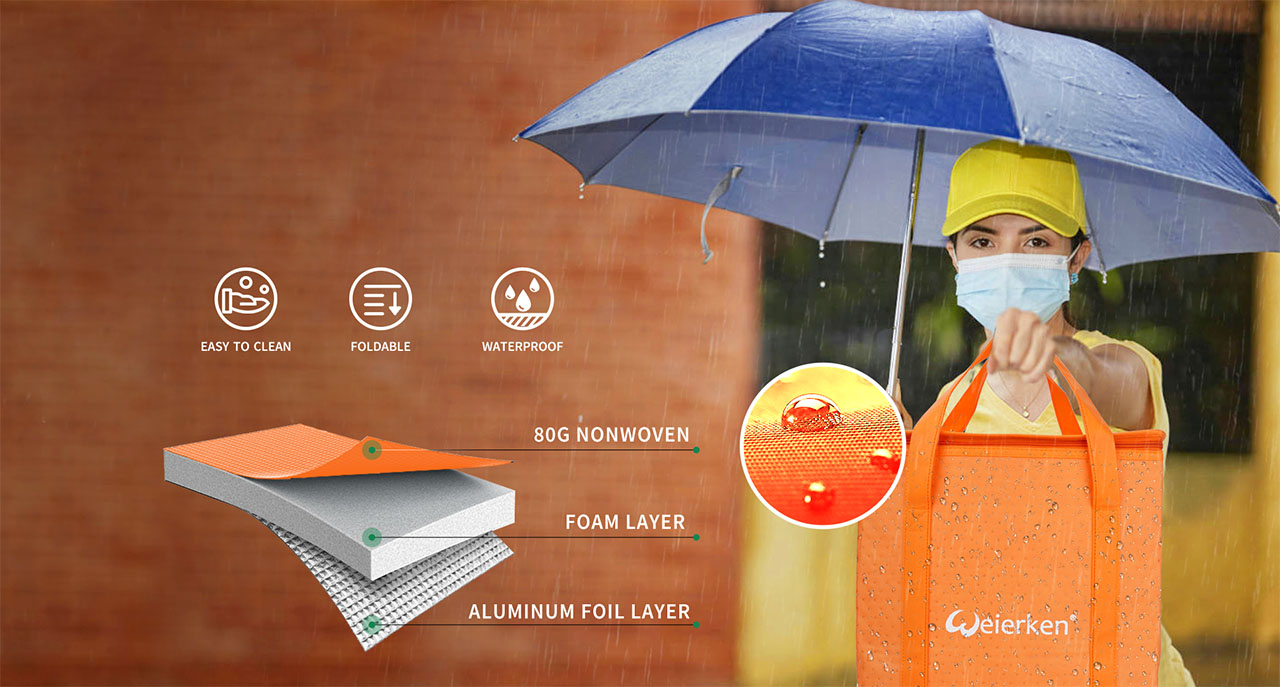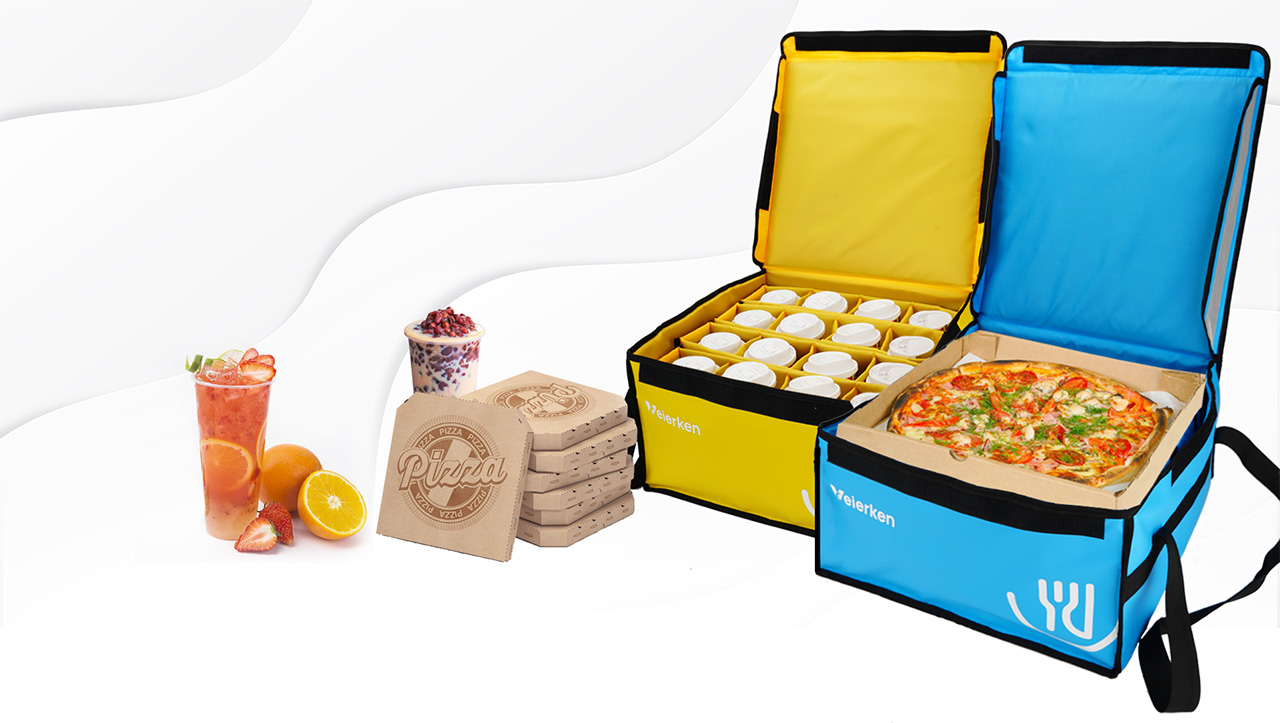As a procurement manager or brand customizer, you’re constantly navigating the complexities of sourcing reliable, high-performance products that align with your business goals. In the competitive landscape of outdoor gear, sports accessories, or promotional merchandise, finding a trusted partner for waterproof bag odm services can be the key to streamlining your supply chain and boosting your market edge. At Weierken, we understand the unique demands of B2B collaborations, focusing on delivering tailored solutions that address real-world pain points like supply chain delays, quality inconsistencies, and compliance hurdles. This article dives deep into the critical aspects of partnering with an ODM specialist, covering everything from R&D capabilities to sustainability trends, all designed to empower your decision-making process. Whether you’re sourcing for a new product line or optimizing existing offerings, our insights will help you leverage waterproof bag odm expertise to drive efficiency and innovation.
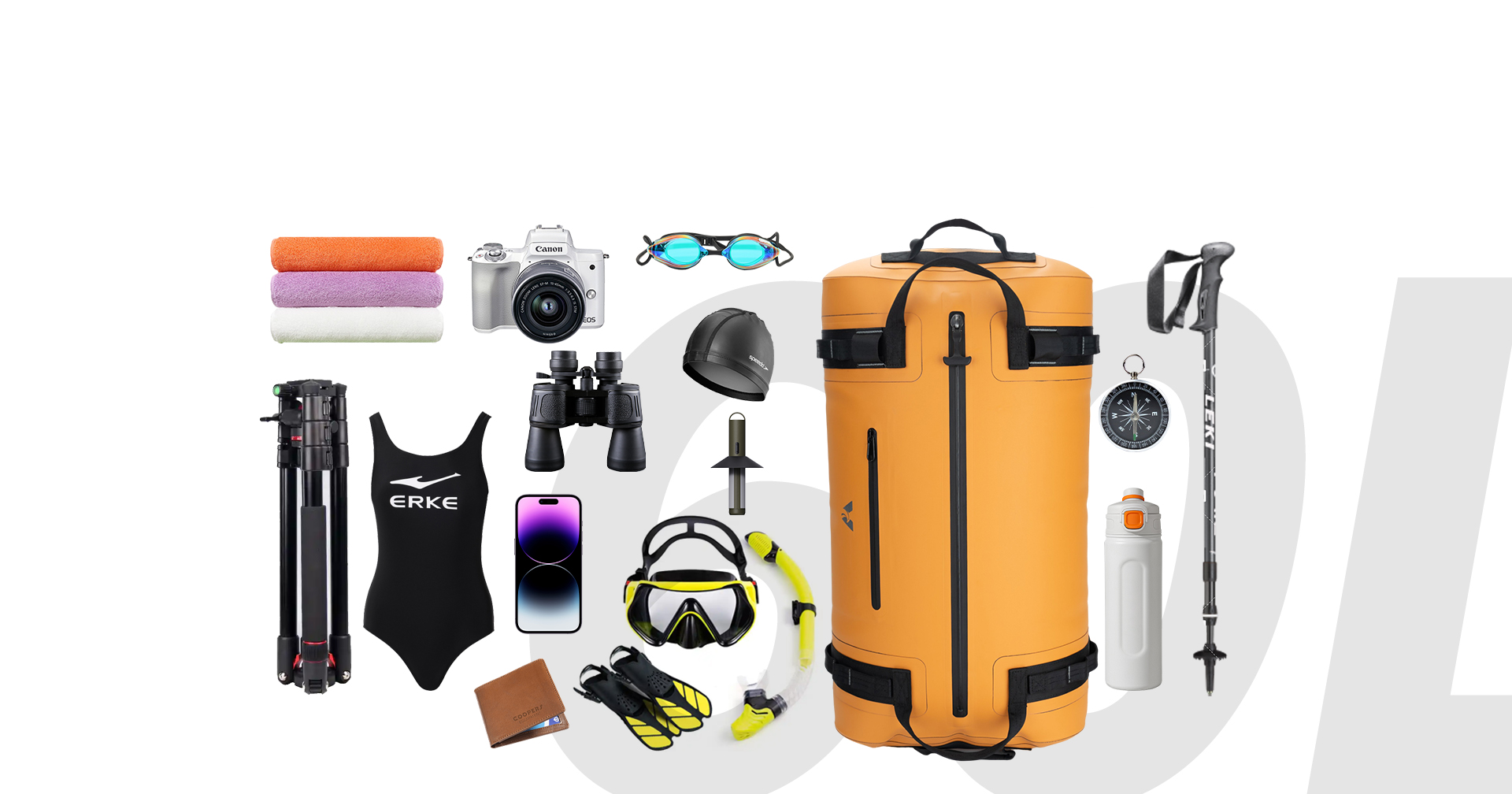
Why Waterproof Bag ODM Partnerships Matter for B2B Success
In the B2B realm, waterproof bag odm collaborations go beyond mere manufacturing—they’re about co-creating products that resonate with your target markets while mitigating risks. Imagine you’re procuring bags for an outdoor retail brand; common pain points include product failures in extreme conditions, missed delivery deadlines during peak seasons, or non-compliance with international standards leading to costly recalls. By opting for an ODM model, you tap into a partner’s holistic expertise, from initial design to final production, ensuring that each bag meets functional needs like waterproof integrity (e.g., submersible up to 30 meters with welded seams) and aesthetic appeal. At Weierken, we’ve seen how a strategic waterproof bag odm approach can transform procurement outcomes, offering scalable solutions that adapt to trends like eco-conscious materials or smart storage features. This section explores the core elements that define a successful partnership, emphasizing how tailored ODM services can address your specific procurement challenges.
R&D Capabilities: Driving Innovation in Waterproof Bag ODM
A robust R&D framework is the backbone of any effective waterproof bag odm service, enabling brands to stay ahead in dynamic markets. At Weierken, our R&D process begins with in-depth market research, analyzing trends such as the rise in demand for multi-compartment dry bags for water sports or lightweight roll-top designs for hiking. We provide comprehensive design support, including 3D modeling and material selection guidance—for instance, recommending TPU-coated fabrics for enhanced durability against abrasion and UV exposure. Our prototyping phase involves rapid iteration, with samples tested for waterproof performance (e.g., IPX7 standards) and user ergonomics, ensuring your custom bag aligns with consumer expectations. As an OEM/ODM specialist, we offer flexible service models: OEM for brands with existing designs and ODM for those seeking end-to-end development. This iterative approach not only reduces time-to-market but also minimizes the risk of product recalls, a common concern for procurement teams dealing with bulk orders.
Market Research and Design Support
Effective waterproof bag odm partnerships start with data-driven insights. We conduct surveys and competitor analysis to identify gaps—like the need for RFID-blocking compartments in travel bags or adjustable straps for ergonomic carry. Our design team then translates these findings into practical blueprints, incorporating features such as heat-sealed zippers or roll-top closures that prevent water ingress. For example, a client in the marine industry might require bags with reinforced handles and corrosion-resistant hardware, which we prototype using CAD software to visualize stress points and optimize material usage.
Prototyping and Iteration
Speed and accuracy in prototyping are critical for B2B efficiency. Weierken’s lab facilities allow for quick turnarounds—typically 7–10 days for initial samples—with iterative feedback loops to refine aspects like seam welding quality or color fastness. By testing prototypes under simulated conditions (e.g., hydrostatic pressure tests), we ensure that each waterproof bag meets specified parameters before mass production, reducing the likelihood of defects that could disrupt your inventory plans.
Environmental Compliance and Sustainability in Waterproof Bag ODM
Sustainability is no longer a niche concern but a core procurement criterion, especially with increasing regulations and consumer demand for eco-friendly products. In waterproof bag odm, compliance involves materials like RPET (recycled polyethylene terephthalate), which offers comparable waterproofness to virgin plastics while reducing carbon footprint. Weierken integrates circular economy principles, utilizing fabrics certified under Global Recycled Standard (GRS) and ensuring adhesives and dyes comply with REACH regulations to avoid hazardous substances. Additionally, our social accountability is validated through BSCI audits, promoting ethical labor practices. For brands targeting European or North American markets, these certifications are not just checkboxes—they’re essential for avoiding penalties and enhancing brand reputation. By adopting sustainable trends, such as biodegradable laminates or closed-loop recycling programs, we help procurement teams future-proof their supply chains and appeal to environmentally conscious B2B clients.
RPET and Material Innovations
Using RPET in waterproof bag production involves processing post-consumer waste into durable, waterproof fabrics with a lower environmental impact. Weierken sources GRS-certified RPET, which undergoes rigorous testing for tear strength and hydrostatic resistance (e.g., up to 10,000 mm water column). This not only aligns with ESG goals but also addresses procurement pain points like volatile raw material costs, as recycled materials often offer better price stability.
Certifications and Regulatory Adherence
Key certifications like ISO 9001 for quality management, BSCI for social compliance, and FDA standards for food-contact safety (if bags are used for cooler storage) are integral to our waterproof bag odm processes. These ensure that your orders meet global trade requirements, minimizing the risk of customs hold-ups or legal disputes. For instance, REACH compliance verifies that no SVHC (Substances of Very High Concern) are present, a common hurdle for imports into the EU.
Managing Lead Times and Capacity in Waterproof Bag ODM
Timely delivery is a top priority for procurement professionals, especially when dealing with seasonal peaks or promotional campaigns. Weierken’s production infrastructure supports a flexible delivery cycle of 25–65 days, depending on order complexity and volume. Our annual capacity of over 1 million units allows for efficient handling of (peak season rush orders), with dedicated lines for high-priority projects. For example, a client needing emergency stock for a summer sports event can rely on our streamlined logistics, which include just-in-time inventory practices and real-time tracking. By maintaining buffer stock for common materials like PVC-free tarpaulin, we mitigate delays caused by supply chain disruptions, a frequent pain point in waterproof bag odm collaborations.
Production Scalability and Peak Season Support
During high-demand periods, such as holiday seasons or new product launches, our modular production system enables quick scaling without compromising quality. We employ lean manufacturing techniques to reduce waste and accelerate throughput, ensuring that your waterproof bag orders ship within the agreed timeframe. This reliability is crucial for brands that operate on tight margins and cannot afford stockouts or overstock situations.
Essential Certifications for Quality Assurance in Waterproof Bag ODM
Certifications serve as tangible proof of a manufacturer’s commitment to quality and safety, directly impacting procurement decisions. In waterproof bag odm, Weierken holds ISO 9001 certification, which governs our quality control processes—from raw material inspection to final packaging. BSCI certification underscores our adherence to ethical labor standards, appealing to brands with corporate social responsibility mandates. For applications like waterproof bags used in food storage, FDA compliance ensures that materials are non-toxic and safe for contact. These credentials not only facilitate smoother import-export procedures but also build trust with B2B partners who prioritize risk mitigation. By partnering with a certified waterproof bag odm provider, you reduce the administrative burden of vetting suppliers and gain assurance that products will perform as specified in demanding environments.
Elevate Your Procurement Strategy with Weierken’s Waterproof Bag ODM Expertise
In summary, a strategic approach to waterproof bag odm can transform your procurement outcomes by integrating R&D innovation, environmental stewardship, and operational reliability. At Weierken, we pride ourselves on being more than just a manufacturer—we’re a partner dedicated to helping brands like yours navigate the complexities of custom product development. From initial concept to final delivery, our focus on certifications, sustainable materials, and flexible lead times ensures that your waterproof bag projects align with business objectives and market demands. As you evaluate potential ODM partners, consider how these elements can address your unique challenges, whether it’s scaling production or meeting compliance deadlines. Weierken is here to support that journey with expertise built on years of industry experience.
Frequently Asked Questions About Waterproof Bag ODM
Q1: What distinguishes OEM from ODM in waterproof bag production?
A1: In waterproof bag odm services, ODM (Original Design Manufacturing) includes end-to-end design and development based on your brand’s requirements, while OEM (Original Equipment Manufacturing) involves producing bags according to your provided specifications. ODM is ideal if you seek creative input and full customization, whereas OEM suits brands with pre-existing designs.
Q2: How do you ensure waterproof integrity in custom bags?
A2: We employ techniques like high-frequency welding for seams and use materials with high hydrostatic resistance (e.g., up to 15,000 mm for heavy-duty bags). Each prototype undergoes rigorous testing, including immersion and pressure checks, to meet standards like IPX7, ensuring no leakage in real-world scenarios.
Q3: What sustainable materials do you offer for eco-friendly waterproof bags?
A3: Our waterproof bag odm solutions include RPET, which is made from recycled plastics, and bio-based TPU laminates. These materials are certified under GRS and comply with REACH, offering durability while reducing environmental impact—perfect for brands targeting green-conscious markets.
Q4: Can you handle urgent orders during peak seasons without compromising quality?
A4: Yes, our production line is designed for scalability, with a dedicated team for (peak season rush orders). We maintain strategic material reserves and optimize workflows to deliver within 25–65 days, even for high-volume requests, without sacrificing quality controls.
Q5: What certifications are critical for exporting waterproof bags to international markets?
A5: Key certifications include ISO 9001 for quality management, BSCI for social compliance, and FDA for food-safe applications. Additionally, REACH and GRS are essential for EU and eco-focused markets, ensuring your products meet regulatory and consumer expectations seamlessly.
By addressing these FAQs, we aim to clarify common procurement concerns and highlight how Weierken’s waterproof bag odm services can be tailored to your needs. If you have more questions, feel free to reach out for a personalized consultation.

